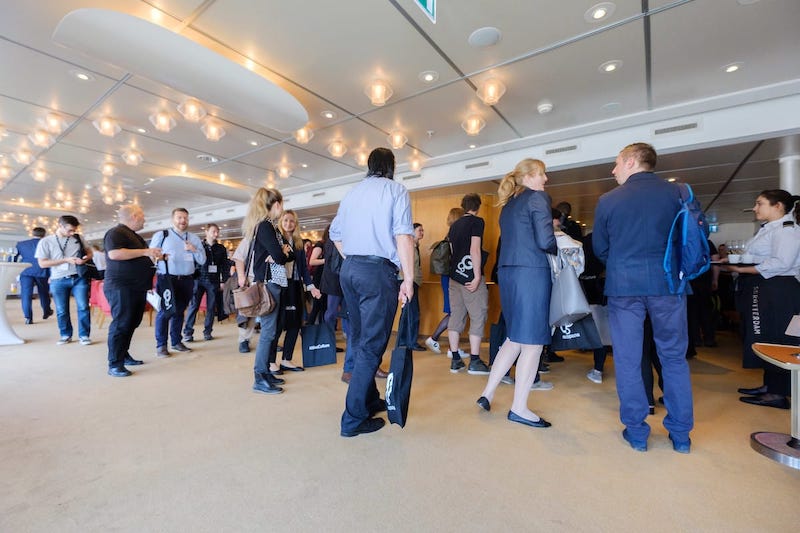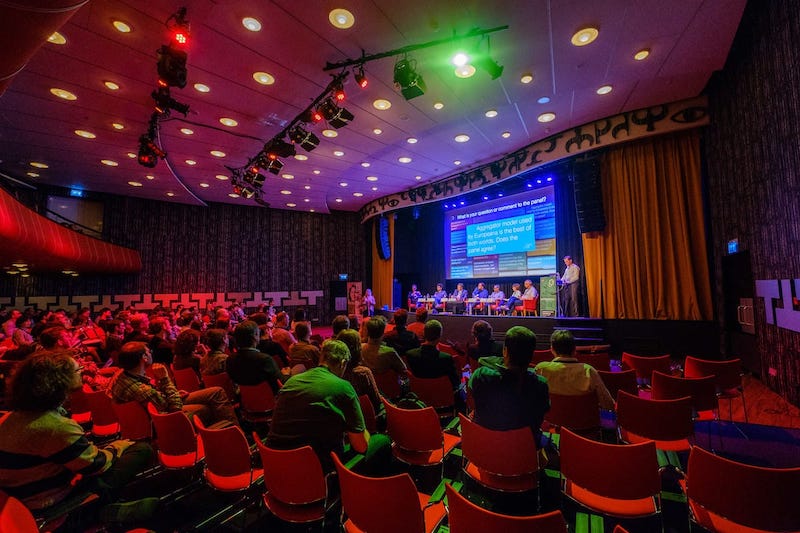In the world of DevOps and SRE, we pride ourselves on automation, observability, and engineering excellence. But even the most sophisticated infrastructure can be derailed by something far more human: our own brains.
This talk explores the invisible enemies of reliability — cognitive biases that affect how engineers make decisions, solve problems, and respond to incidents. From confirmation bias during outages to groupthink in postmortems, we’ll unpack six specific mental shortcuts that silently undermine your systems.
Each bias is brought to life with real-world engineering examples, memorable visuals, and practical strategies you can apply immediately. You’ll hear relatable war stories — like how anchoring on a bad hypothesis prolonged a major incident, or how optimism bias led to a Friday deployment that ended in disaster.
More than a lecture, this is a wake-up call. We don’t need more YAML linters or dashboards. We need to debug ourselves.
By the end of the session, attendees will: • Understand how specific biases impact reliability and team performance • Recognize symptoms of biased thinking in real-world DevOps workflows • Learn actionable techniques to create more resilient, self-aware engineering cultures
This talk is ideal for DevOps engineers, SREs, team leads, and reliability advocates looking to take their incident management and system design to the next level — not by adding more tools, but by thinking more clearly.
As the founder of Melomar-IT, I am dedicated to demystifying complex IT concepts and providing clear, actionable insights to professionals and enthusiasts alike. With a robust background in Platform Engineering, DevOps, and Site Reliability Engineering (SRE), I specialize in creating content that bridges the gap between intricate technical subjects and practical understanding.
Professional Expertise: • Platform Engineering: Designing and managing scalable, efficient, and secure IT infrastructures that support seamless application development and deployment. • DevOps Engineering: Implementing and promoting DevOps best practices to enhance collaboration, automate workflows, and accelerate software delivery. • Site Reliability Engineering (SRE): Ensuring system reliability, performance, and scalability through proactive monitoring, automation, and incident response strategies. • IT Education and Content Creation: Developing comprehensive IT explainers and tutorials that empower individuals to enhance their technical skills and stay abreast of industry trends.
Melomar-IT on YouTube: Through Melomar-IT, I produce and share content focused on: • In-Depth Tutorials: Step-by-step guides on Platform Engineering, DevOps tools, and SRE practices. • Industry Insights: Analysis of current trends and emerging technologies in the IT sector. • Practical IT Explainers: Simplifying complex concepts for better understanding and application.
Mission: My goal is to equip IT professionals and enthusiasts with the knowledge and tools necessary to excel in the rapidly evolving tech landscape. By fostering a community centered on continuous learning and growth, I aim to inspire innovation and excellence in the field of Information Technology.
Connect with Me: I am always eager to connect with fellow professionals, share insights, and explore collaborative opportunities. Feel free to reach out to discuss all things IT, from Platform Engineering and DevOps to the latest industry developments.


